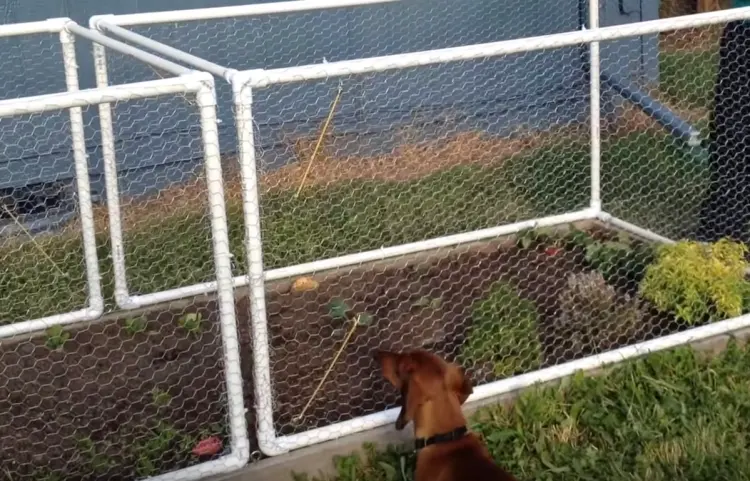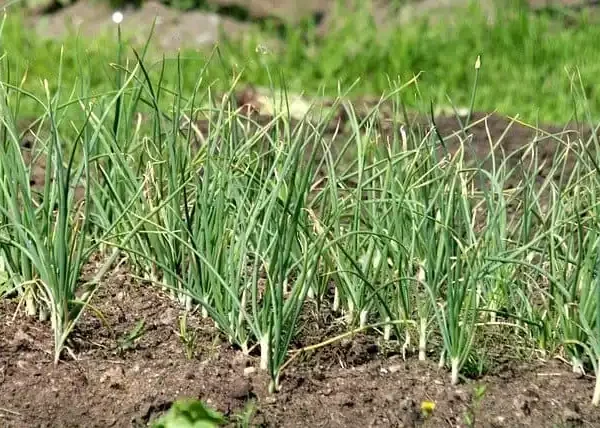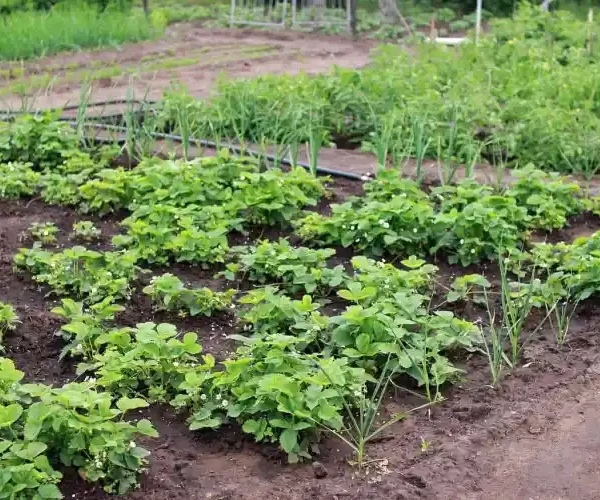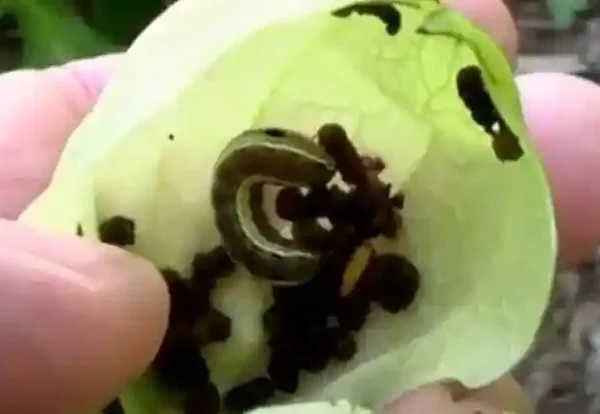Introduction
Having a vegetable garden can be a rewarding endeavor, but it can quickly turn frustrating if your furry friend sees it as a buffet. Dogs have a natural curiosity and love for exploring, which can lead them to dig up, trample, or munch on your precious plants. However, with the right strategies and techniques, you can prevent your dog from plundering your vegetable garden and maintain harmony between your green space and your beloved pet.
Understanding the Behavior
Before delving into prevention methods, it’s essential to understand why dogs are attracted to vegetable gardens. Dogs may be drawn to the garden due to curiosity, boredom, or the scent of enticing plants. Additionally, some dogs enjoy the texture of soil and find digging instinctively satisfying. Understanding these motivations can help tailor your prevention strategies effectively.
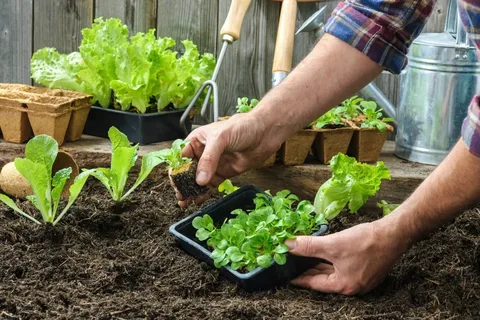
Garden Layout and Design
Consider redesigning your garden layout to deter your dog’s access or interest in the vegetable patch. Fencing can be an effective barrier, but ensure it’s tall and secure enough to prevent your dog from jumping over or digging under. Raised beds can also be a practical solution, as they elevate the plants out of your dog’s reach. Furthermore, incorporating pathways or designated play areas for your dog can redirect their attention away from the garden.
Plant Selection
Choose plants that are safe for dogs and less appealing to their taste buds. Consult resources such as the American Society for the Prevention of Cruelty to Animals (ASPCA) website for a list of toxic and non-toxic plants for dogs. Opt for sturdy, robust plants that can withstand potential trampling or nibbling. Additionally, consider planting aromatic herbs such as rosemary or lavender, which can act as natural deterrents for dogs due to their strong scent.
Training and Enrichment
Invest time in training your dog to respect boundaries and commands related to the garden area. Positive reinforcement techniques, such as rewarding desired behaviors with treats or praise, can be highly effective. Create a designated digging area for your dog, filled with sand or soil, to satisfy their natural digging instincts without damaging your garden. Additionally, provide ample mental and physical enrichment for your dog to prevent boredom and reduce their inclination to explore the garden out of curiosity.
Supervision and Monitoring
Regularly supervise your dog while they are in the garden to correct any undesirable behaviors promptly. Implementing a “leave it” or “off” command can be useful for redirecting your dog’s attention away from the garden when necessary. Install motion-activated deterrents, such as sprinklers or ultrasonic devices, to discourage your dog from entering the garden unsupervised.
Conclusion
By implementing a combination of strategic garden design, plant selection, training, and supervision, you can effectively prevent your dog from plundering your vegetable garden. Remember to remain patient and consistent in your approach, as it may take time for your dog to learn and adapt to the new boundaries. With dedication and persistence, you can enjoy the fruits of your labor in the garden while ensuring a safe and enriching environment for your canine companion.
How do I deter my dog from digging in my vegetable garden?
Consider creating a designated digging area filled with sand or soil where your dog can satisfy their digging instincts.
Use motion-activated deterrents such as ultrasonic devices or sprinklers to discourage digging behavior.
Ensure your dog receives ample physical and mental enrichment to reduce boredom-driven digging.
What plants are safe to grow in my vegetable garden if I have a dog?
Consult resources like the ASPCA website for a list of plants that are non-toxic to dogs.
Choose sturdy plants that can withstand potential trampling or nibbling.
Consider planting aromatic herbs like rosemary or lavender, which can act as natural deterrents for dogs due to their strong scent.
How can I train my dog to stay out of the vegetable garden?
Implement positive reinforcement techniques such as rewarding desired behaviors with treats or praise.
Use commands like “leave it” or “off” to redirect your dog’s attention away from the garden.
Supervise your dog in the garden and correct any undesirable behaviors promptly.
Will fencing effectively keep my dog out of the vegetable garden?
Fencing can be an effective barrier if it’s tall and secure enough to prevent your dog from jumping over or digging under.
Consider reinforcing the bottom of the fence with materials like chicken wire to prevent digging.
How can I protect my vegetable garden without harming my dog?
Avoid using chemical deterrents or pesticides that may be harmful to your dog.
Opt for natural deterrents like citrus peels or cayenne pepper, which are safe for dogs but unpleasant to their senses.
Ensure any barriers or deterrents you use are dog-friendly and won’t cause harm or injury.
Can I train my dog to respect boundaries around the vegetable garden?
Yes, you can train your dog to respect boundaries through consistent reinforcement of commands like “stay” or “boundary.”
Use positive reinforcement techniques and rewards to encourage desired behavior.
Be patient and consistent in your training efforts.
How can I prevent my dog from eating the vegetables in my garden?
Harvest vegetables promptly to prevent them from becoming tempting targets for your dog.
Consider using physical barriers such as netting or cages to protect vulnerable plants.
Train your dog to “leave it” when approaching the garden or specific plants.
Are there any natural deterrents I can use to keep my dog out of the vegetable garden?
Aromatic plants like marigolds or garlic can act as natural deterrents due to their strong scents.
Citrus peels or coffee grounds scattered around the garden can also deter dogs without causing harm.
What should I do if my dog continues to plunder my vegetable garden despite my efforts?
Reassess your prevention strategies and consider reinforcing boundaries or using additional deterrents.
Consult with a professional dog trainer or behaviorist for personalized advice and guidance.
Be patient and persistent in your efforts, as it may take time for your dog to learn and adapt to new boundaries.
How can I provide alternative outlets for my dog’s energy and curiosity to prevent them from raiding the vegetable garden?
Ensure your dog receives regular exercise and mental stimulation through activities like walks, play sessions, and puzzle toys.
Create designated play areas or enrichment zones in your yard to keep your dog engaged and entertained.
Supervise your dog outdoors and intervene if you notice them showing interest in the vegetable garden, redirecting their attention to more appropriate activities.
- Lip Filler London – Lip Augmentation & Natural Lip Enhancement - December 16, 2025
- Tennessee’s THC Beverage Market - June 5, 2025
- Top THC Infused Seltzers in Delaware - June 5, 2025

